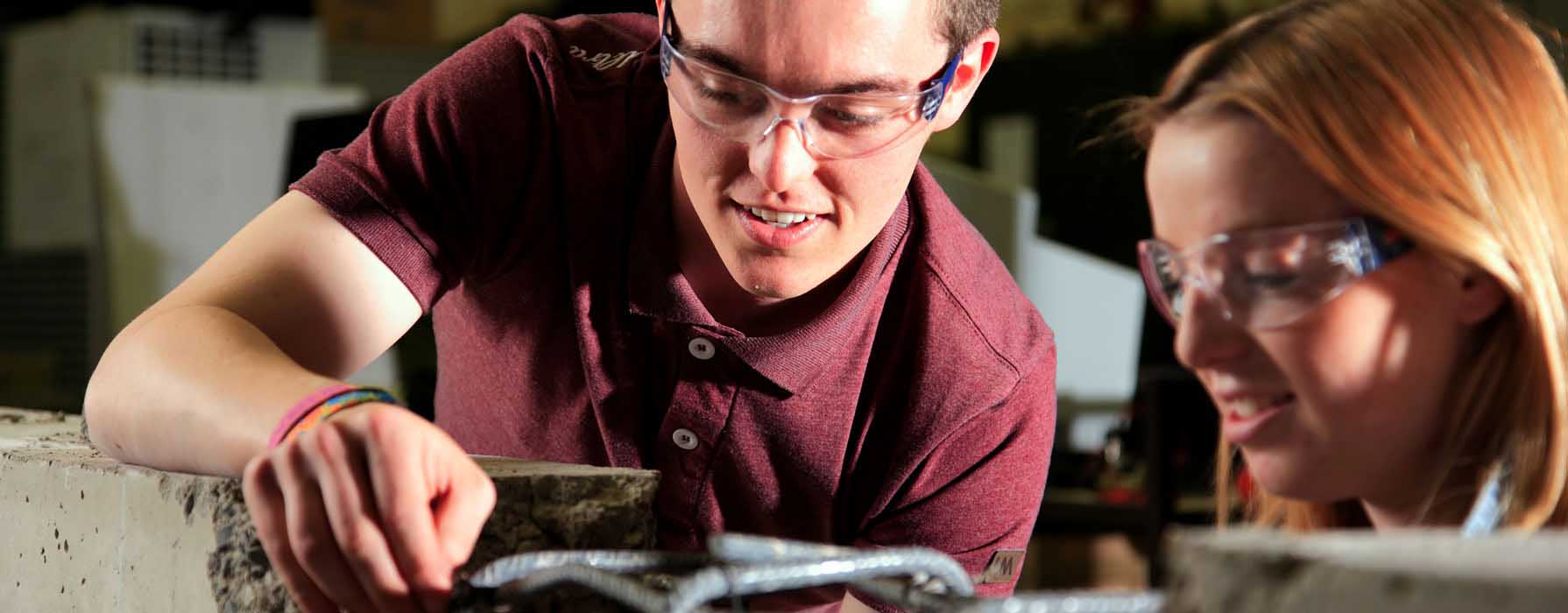
I have just finished the final year of my Civil Engineering degree and it has been completely different from what I had imagined, so I’ve put together a few things that I wish I had known when I started my degree:
1. Being good at maths and/or physics won’t get you far. In fact, I now know many people who got lower grades at A-Levels or didn’t do physics at all who consistently got great marks during the course because of their work ethic. You will need to work very hard to get a good mark. Also, now, anything above 70% is a great mark.
2. Your lecturers and lab-technicians want to help you as much as possible and will welcome curiosity, don’t be afraid to ask them questions or engage in class discussions. Doing so will help your own understanding of the topics. And make sure you pay attention to the first slide of the first lecture of every module – that’s the one with the lecturer’s contact information and office hours.
3. Don’t be afraid to be wrong, there is a strong emphasis in most modules on identifying errors and methods to improve in the future – critical reflection and self-awareness is always rewarded. In a lot of the coursework we did, particularly the reports, I did not get the “right” answer, but still got great marks. This encouraged me to develop skills such as self-awareness, reflection and professionalism. Additionally, I have come to realise that getting a “good” grade isn’t everything. It is important to have academic goals that you work towards, but it is far more important to improve your skills, your understanding, gain a variety of experiences, and take care of your mental health. Students are under a lot of pressure and I know too many who have become physically ill due to stress.
4. Group work isn’t that bad. A lot of the people you will be grouped with have the same interests and aspirations as you do, so you will make some friends from group work and be able to produce something that you’re proud of. As the years progress you will learn two incredibly important skills that you will need regardless of your career path: teamwork and conflict resolution. By third year, most of the modules will have some form of group work, so there will be plenty of opportunities to hone these skills.
5. Engineering is fun. It’s really, really fun. You and your peers will get to use your creativity and technical knowledge to design and build a number of things, you will get to do presentations, use cool software and go on trips. It will be difficult at times and there will be a lot of late nights, but remember to enjoy it!
Jasmine